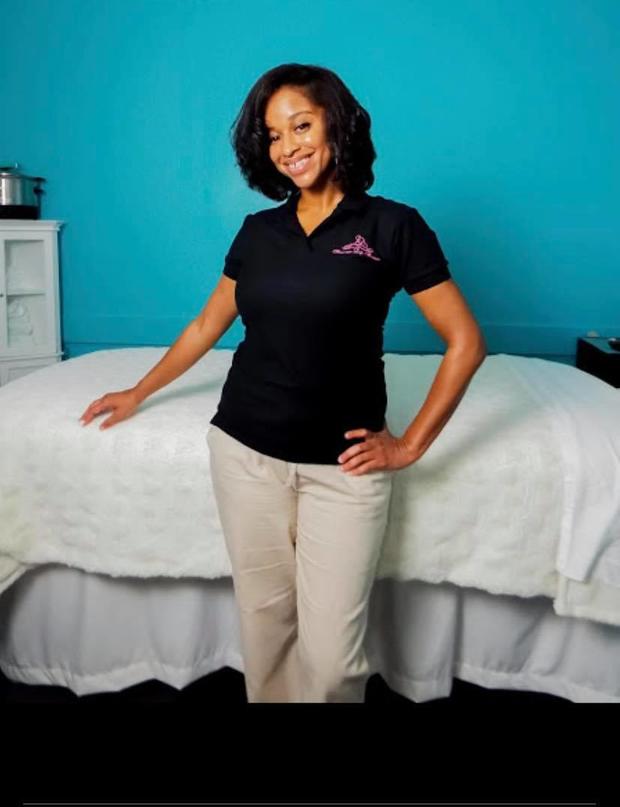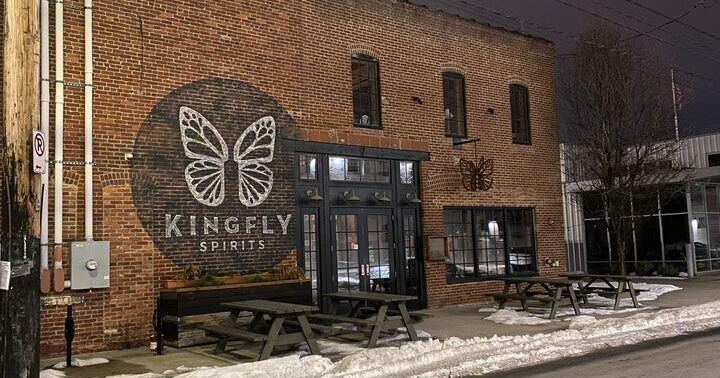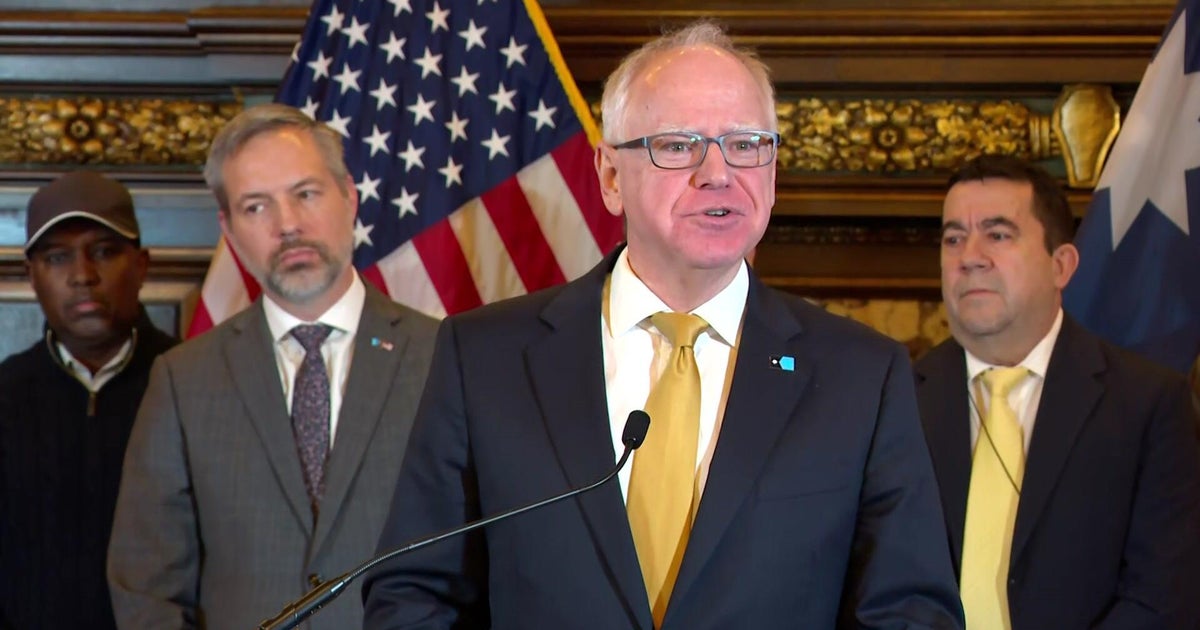40% of black-owned businesses not expected to survive coronavirus
Jameian Selmon kicked off 2020 with a dozen employees and a full slate of weddings and birthday parties booked for her thriving event-planning company in Minneapolis. Less than four months later, her company is gone — one of hundreds of thousands of black-owned businesses around the U.S. that have closed permanently amid the economic rubble caused by the coronavirus pandemic.
After Minnesota shuttered non-essential employers in March, one client after another called to cancel, costing her $120,000 in business. "As more things got shut down, the weddings for May canceled, then the weddings for June canceled, then July," said Selmon, 42.
"It was really hard for me to let them go," she added in recounting the day she was forced to fire her workers. "It's always been my dream to employ people, and the girls cried. The others, they understood."
Nearly half a million closures
There were more than 1 million black-owned businesses in the U.S. at the beginning of February, according to research from the University of California at Santa Cruz, which drew from Census survey estimates. By mid-April, 440,000 black business owners had shuttered their company for good — a 41% plunge. By comparison, 17% of white-owned businesses closed during the same period, the UC Santa Cruz research shows.
Several factors explain the high rate of closures of black-owned businesses. Perhaps most important, many lack access to bank credit, making it harder to survive financial emergencies. Many are micro-enterprises, providing a livelihood to a sole proprietor or a few employees at most. Profit margins are thin, while owners' financial savings are often meager, making them vulnerable to sudden downturns.
Surveys also show that the vast majority of black business owners who applied for emergency relief after the virus struck through the Paycheck Protection Program were denied a loan. Selmon said she applied for a $50,000 PPP loan shortly after the program was launched, but the funds were exhausted before her loan could be approved. An analysis by the Center for Responsible Lending found that 95% of black-owned business were shut out of the small business initiative.
That has proved devastating for the many black businesses like Selmon's that were deemed a non-essential service by state officials and ordered to close to stem the spread of the novel coronavirus. For black-owned small businesses deprived of income, starved for federal assistance and with few savings to draw on, it has been a calamity.
"[W]hen you get hit like this, those reserves get dried up very quickly," Richelieu Dennis, a black entrepreneur who created a skin care line that was eventually sold to Unilever, said during a recent panel discussion with the Federal Reserve Bank of New York.
Not surprisingly, the demise of so many black-owned businesses this year also highlights the legacy of racism in America. Black owners have historically been denied loans more than any other racial group, according to Federal Reserve data. As a result, many African-Americans with a business avoid banks altogether.
UC Santa Cruz professor Robert Fairlie said many black owners will face considerable obstacles resurrecting their business after the pandemic eases, citing the huge wealth gap between black and white Americans. Many African-American households lack the financial resources required to rebuild, such as bank savings, access to a home equity line of credit, or the ability to borrow from family and friends, he explained.
The federal government could help by offering special small business loans that dispensed with payroll or revenue requirements, such as those that must be met for PPP loan forgiveness, Fairlie suggested.
"Emergency loans for these small-scale sole proprietors for paying their rent or internet costs, or whatever their monthly costs, could be really important," he told CBS MoneyWatch. "That could allow them to survive because we really don't want to see this major round of business closures coming out of the pandemic."
Tracey Grey is one black business owner fighting for survival. She was forced to close her North Carolina massage therapy business in March to comply with the states's shutdown order. Her income vanished virtually overnight. She said she applied for a $10,000 PPP loan, but was denied.
"If I can't do it in the month of June, then Massage Life Studios are going to have to close," said Grey, 34. "If I can't make my money to sustain my lifestyle, I'm going to have to give it up because I'm not going to put myself in the hospital from stressing out."





